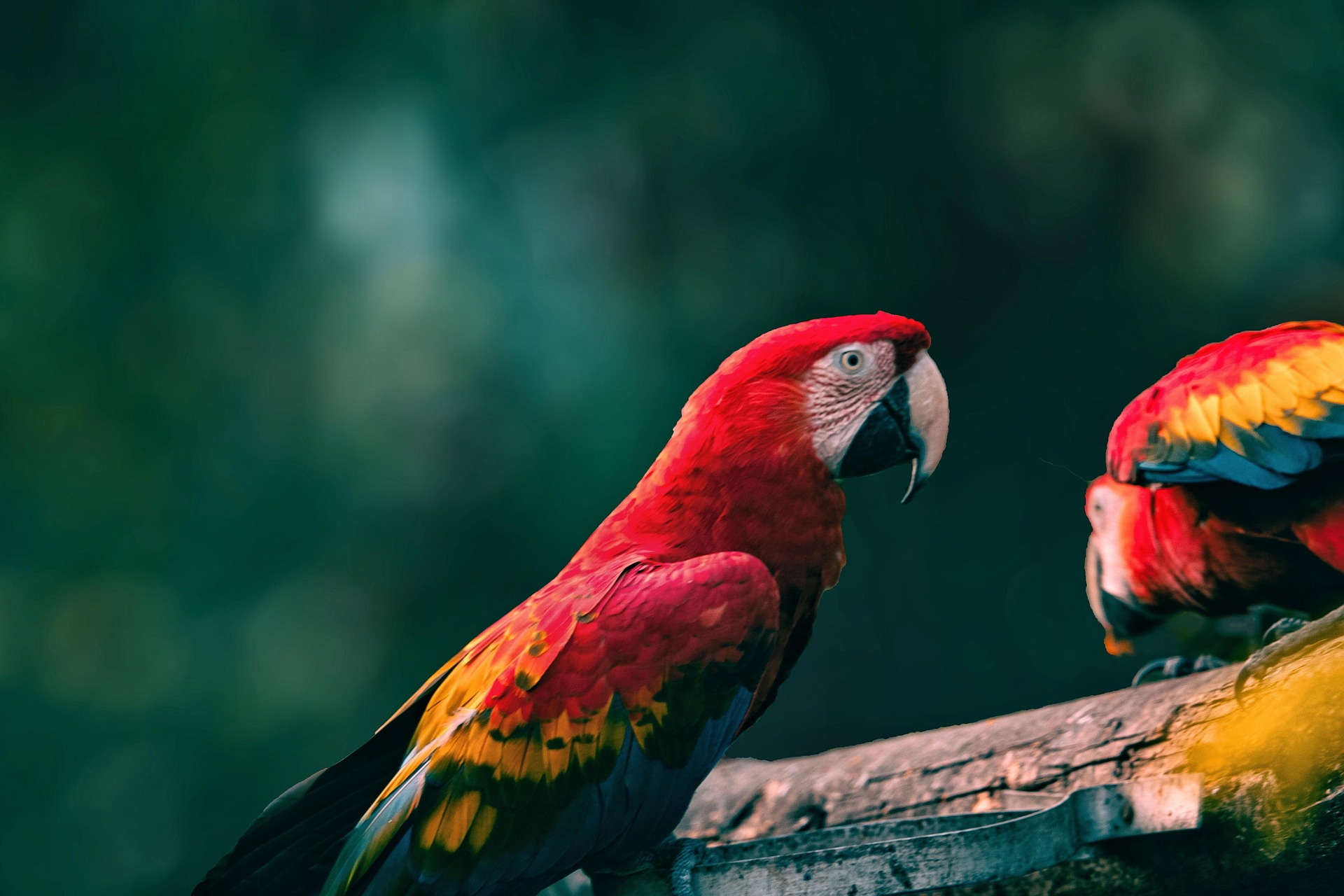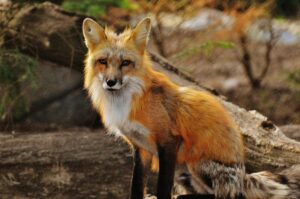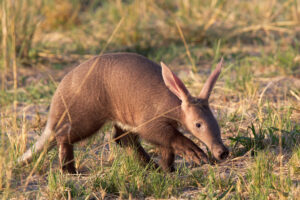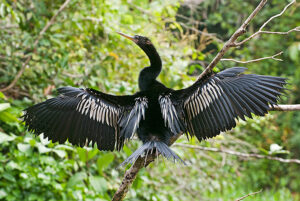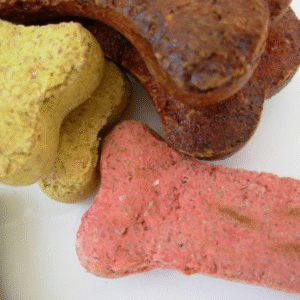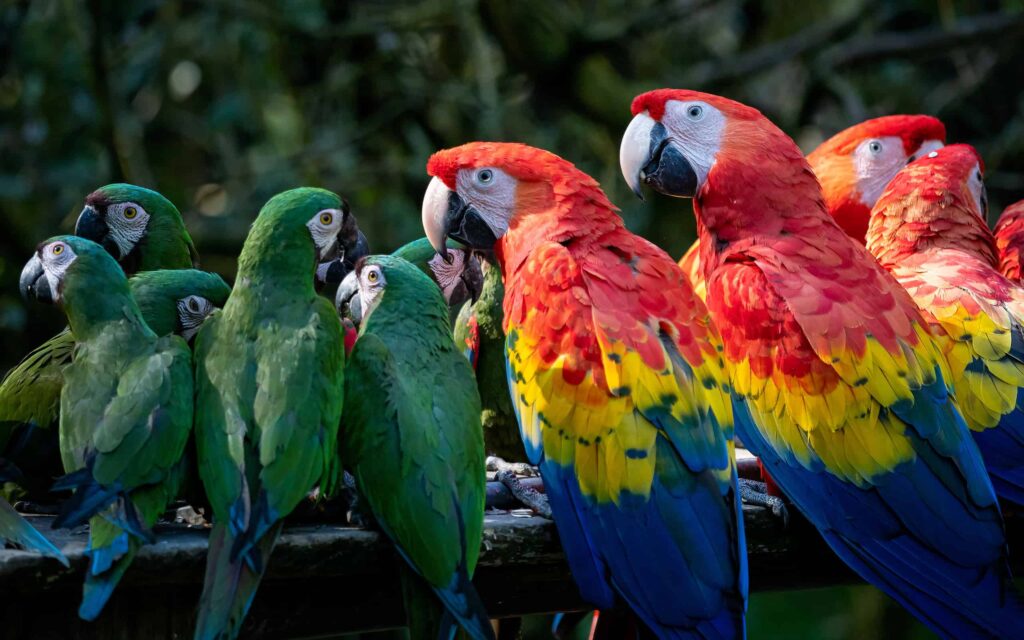
Macaws are one of the most striking and vibrant species of parrots in the world, known for their dazzling plumage, playful personalities, and incredible intelligence. These tropical birds have captivated the hearts of bird lovers and nature enthusiasts for centuries. In this blog, we’ll explore the unique traits of Macaw parrots, their natural habitat, and why they make such captivating companions.Lorem ipsum dolor sit amet, consectetur adipiscing elit. Ut elit tellus, luctus nec ullamcorper mattis, pulvinar dapibus leo.
The Beauty of Macaws: Nature’s Rainbow
Macaws are often recognized for their breathtaking colors, making them one of the most beautiful bird species on the planet. With feathers ranging from brilliant reds, blues, and yellows to deep greens and purples, Macaws are truly a sight to behold. The most commonly known species, such as the Blue-and-Gold Macaw, Scarlet Macaw, and Green-winged Macaw, are all known for their vibrant, eye-catching plumage.
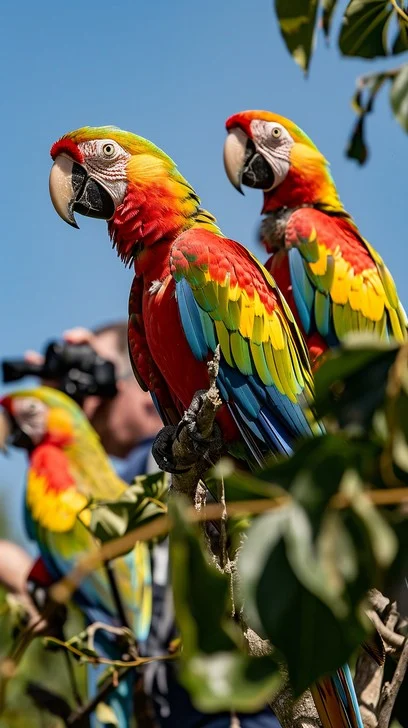
But the beauty of these birds goes beyond their colorful feathers. Macaws have strong, curved beaks that help them crack open nuts and seeds, and their long tails aid in balance, especially when navigating through the trees. Their eyes, surrounded by patches of bare skin, add to their expressive faces and make them stand out among other birds.Lorem ipsum dolor sit amet, consectetur adipiscing elit. Ut elit tellus, luctus nec ullamcorper mattis, pulvinar dapibus leo.
Intelligent and Playful Companions
Macaws are highly intelligent parrots, often ranked among the smartest bird species. They have the ability to learn a variety of tricks, sounds, and even mimic human speech. With proper training, Macaws can master tasks, solve puzzles, and develop a rich vocabulary of words and phrases. Some Macaws, like the Blue-and-Gold Macaw, have been known to learn over 50 words!
However, Macaws are not just intelligent—they are also incredibly playful and social creatures. In the wild, they live in flocks, where they interact with each other through vocalizations, calls, and physical gestures. This social nature extends to their behavior in captivity as well. Macaws need plenty of interaction and mental stimulation, and they thrive when they have strong bonds with their human caretakers.
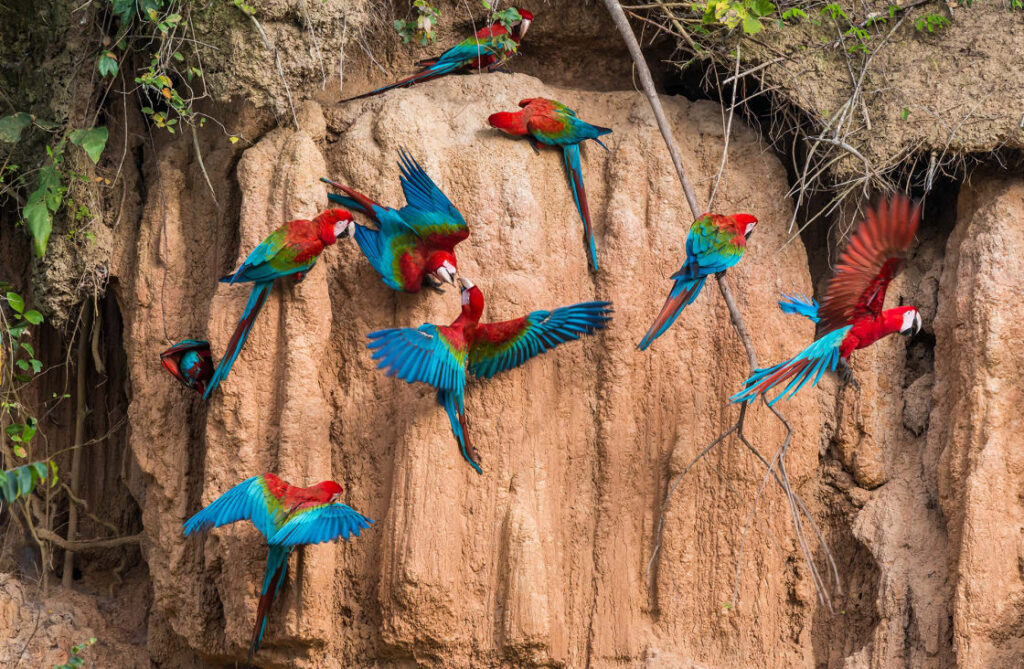
Native Habitat: Rainforests of Central and South America
Macaws are native to the rainforests and woodlands of Central and South America. They can be found in countries like Brazil, Venezuela, Mexico, and Panama, where they live in the dense canopy of tropical forests. These birds are highly adapted to their environment, using their strong beaks and claws to navigate through trees, crack open hard seeds and nuts, and find shelter in high branches.
Macaws are typically monogamous, meaning they form lifelong pair bonds with a single mate. In the wild, they often nest in large, hollowed-out trees or cliffside cavities, where they raise their young. The bond between Macaw parents and their offspring is strong, with both parents helping to care for and protect the young.
Macaws' Unique Communication Skills
Macaws are known for their loud, shrill calls, which they use to communicate with each other in the wild. These calls can be heard from miles away and help them stay in touch with their flock, locate food sources, or warn of predators. In captivity, they may mimic human voices or sounds, but they can also learn to “talk” in the context of interactions with their human companions.


In addition to vocalizations, Macaws use body language to communicate. They often raise their crests when excited, spread their wings when greeting a mate, or preen each other to reinforce social bonds. As highly social animals, Macaws are not just talkers—they are great communicators through both sound and behavior
Conservation Concerns: Protecting Macaws
Unfortunately, Macaw populations have been severely impacted by habitat loss, illegal trapping, and the pet trade. Many species of Macaws, such as the Hyacinth Macaw and Scarlet Macaw, are considered endangered or vulnerable. As rainforests are cleared for agriculture and urban development, Macaws lose the lush habitats they depend on for food and shelter.
In addition, illegal trapping for the pet trade has contributed to the decline of wild Macaw populations. Although Macaws can make wonderful pets in the right circumstances, the demand for these birds has placed a significant strain on their populations in the wild.
Conservation efforts are essential to protect these magnificent birds and their habitats. Numerous organizations are working to restore rainforest habitats, protect nesting sites, and combat illegal poaching. Supporting these efforts is critical in ensuring that future generations can experience the beauty and wonder of Macaws in the wild.
Caring for Macaws as Pets
Macaws can make incredible pets for the right owners, but they require a significant commitment of time, care, and attention. Due to their size, intelligence, and strong personalities, they are best suited for experienced bird owners who are prepared to meet their physical and emotional needs.
Macaws are long-lived birds, with some species living up to 50 years or more in captivity. They need plenty of mental stimulation, social interaction, and physical exercise to remain happy and healthy. Providing a variety of toys, puzzles, and challenges will help keep their minds sharp. They also require a large cage or aviary to accommodate their size and need for movement.
It’s important to remember that Macaws are social animals, and they thrive on companionship and affection. If you’re considering adopting a Macaw, be prepared to invest time in training, socializing, and bonding with your feathered friend.
Conclusion
Macaws are stunningly beautiful, highly intelligent, and socially engaging birds that have captured the imaginations of people around the world. However, their bright plumage and charming personalities are only part of what makes them so remarkable. These birds are also integral to the health of their ecosystems and face significant challenges in the wild due to habitat loss and human activity.
If you’re lucky enough to share your home with a Macaw, you’ll quickly learn just how special these birds are. But if you admire them from afar, it’s equally important to support conservation efforts that help protect their natural habitats. Together, we can ensure that Macaws continue to brighten our world for years to come.

